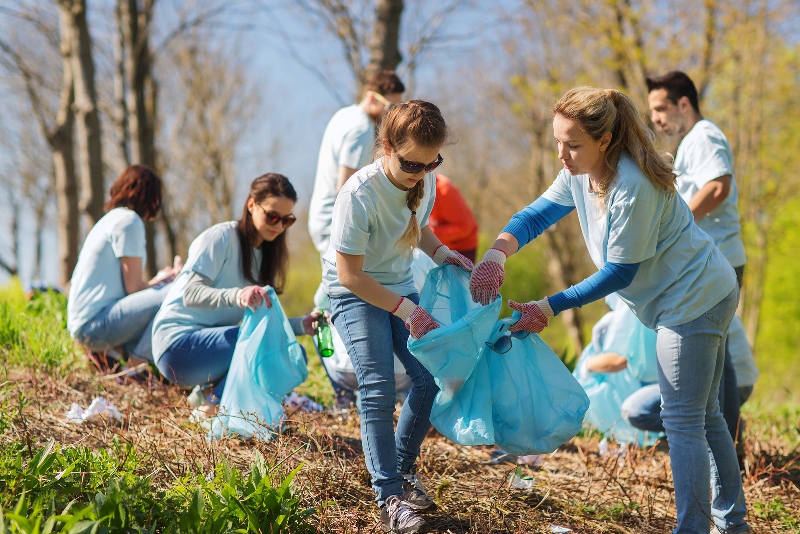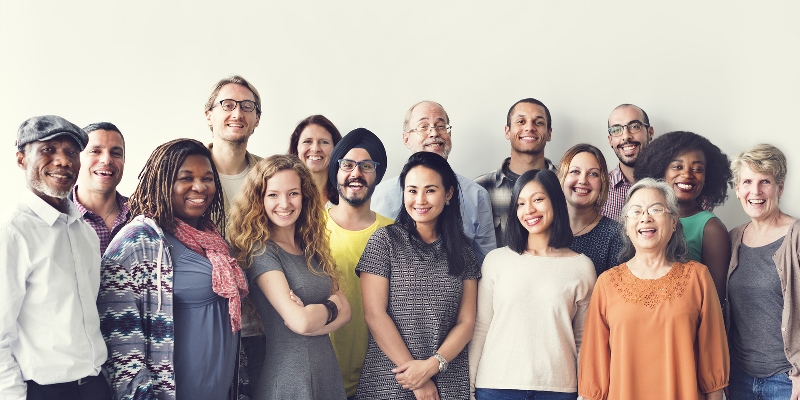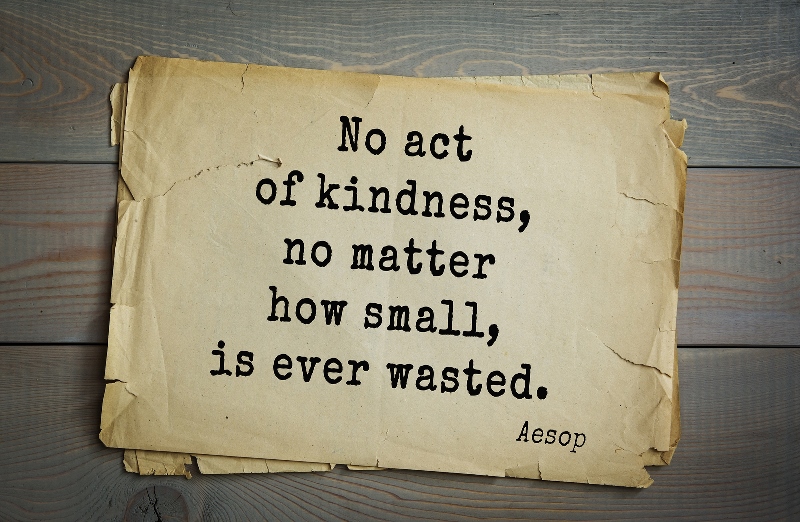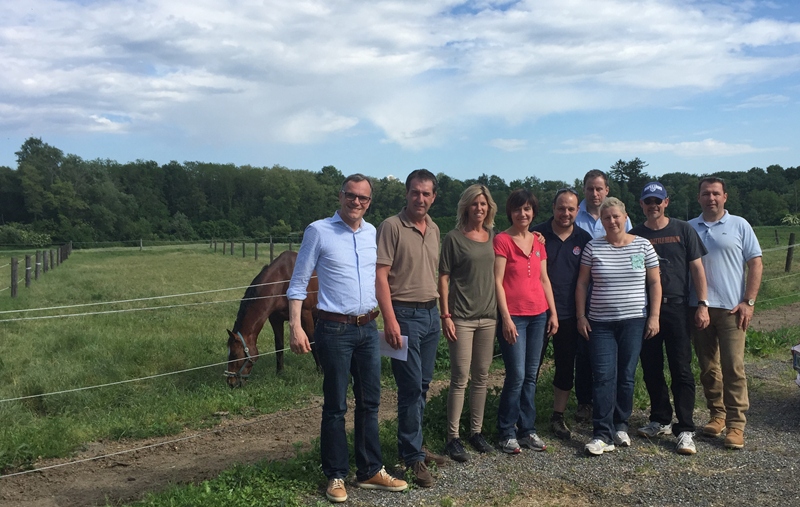There is a saying: “One good deed entails another with it”. So, if we do someone a favour, or do something nice for him, the chances that we can get a counter favour increase. The person we helped, or the one whom only witnessed our deed, may be inspired to do the same or similar thing for someone else.
Exactly these are the principles on which is based the philosophy of Random Acts of Kindness. Positive effects are felt by everyone: the one who has done a good deed or a kind gesture, the one to whom it was intended, and also all those who witnessed it. This means that a good deed performed in a public place, automatically creates a domino effect and makes the day enjoyable for dozens of people!
It is believed that the phrase Random Acts of Kindness came up with american writer Anne Herbert in a restaurant in California in 1982 while she was writing a book “Random kindness and heartless beauty” on the placemat.
It is scientifically proven that all participants in this chain experience an increased secretion of endorphins, the hormone of happiness, which is also a natural remedy for pain! Also, there is a decrease in blood pressure, strengthening of the immune system, the aging is slowing down and the amount of negative emotions is reducing.
When this philosophy is practiced in business environment, it encourages the construction of high quality and strong relationships with the rest of the collective. For example, if your kindness makes your colleague happy, the chances that he will be more productive at work shall increase.
For all these benefits, doing good deeds and acts of kindness is worldwide recognized as an excellent opportunity for team building with a purpose of your team doing something good and useful for the community and environment.
The challenges and tasks that are set before the teams shall support the creation and strengthening of relationships within the team members while they compete who will help the greater number of people in a given time interval.
Helping others makes everyone feels good, it stimulates creativity of team members to solve problems and require them to find the most innovative way to make nice someone else’s day.
Participation in this fun team building activities has multiple benefits: satisfied members of your team because they have done something good for someone else, strengthened relationships among team members, but also the satisfaction of the person to whom the help was provided. The end result is that, afterwards, all the participants feel good and positive.
No one has ever regretted for being kind to another person.
Usage in practice – possible with apps, too
As the technology of today is an important part of business life in all aspects, there are also numerous applications with a large number of ideas for these activities that can be installed on smart devices.
One of those envisages that the team is divided into two groups, which will compete with each other.
Tasks that are placed before the groups are diverse – ranging from the form of making fun videos, photos to textual contents during which they collect a certain number of points. Each of them has a task of a good deed that involves researching the problems in a local community and solving those by doing good for them.
Each team needs to install the application, register under a certain name and open a base of tenth of challenges and tasks to be carried out in any order for a specific period of time. The teams shall investigate, negotiate, find the best and the most creative ways to fulfil philanthropic tasks and thus help the neighborhood or people who need help.
Types of tasks and challenges are ranked from the simplest ones, such as, for example, help older people to carry heavy bags, to the more complex and demanding ones, such as blood donation, which are worth more points.
As the teams solve problems and meet challenges, they collect points and climb up the scoring scale.
The winner, of course, is the team that completes the tasks in the shortest period and it gets the title of The Random Acts of Kindness Champion.
Ask yourself when was the last time you did something nice for the person you do not know. Why?
From the scientific point of view – it is good for your health.
From the economic point of view – it is free of charge.
From the practical point of view – it is simple.
From the social point of view – it makes the world a better place.
It is with reason said “Be the change you wish for the world!” No one has ever regretted for being kind to another person.











































 Srpski
Srpski English
English